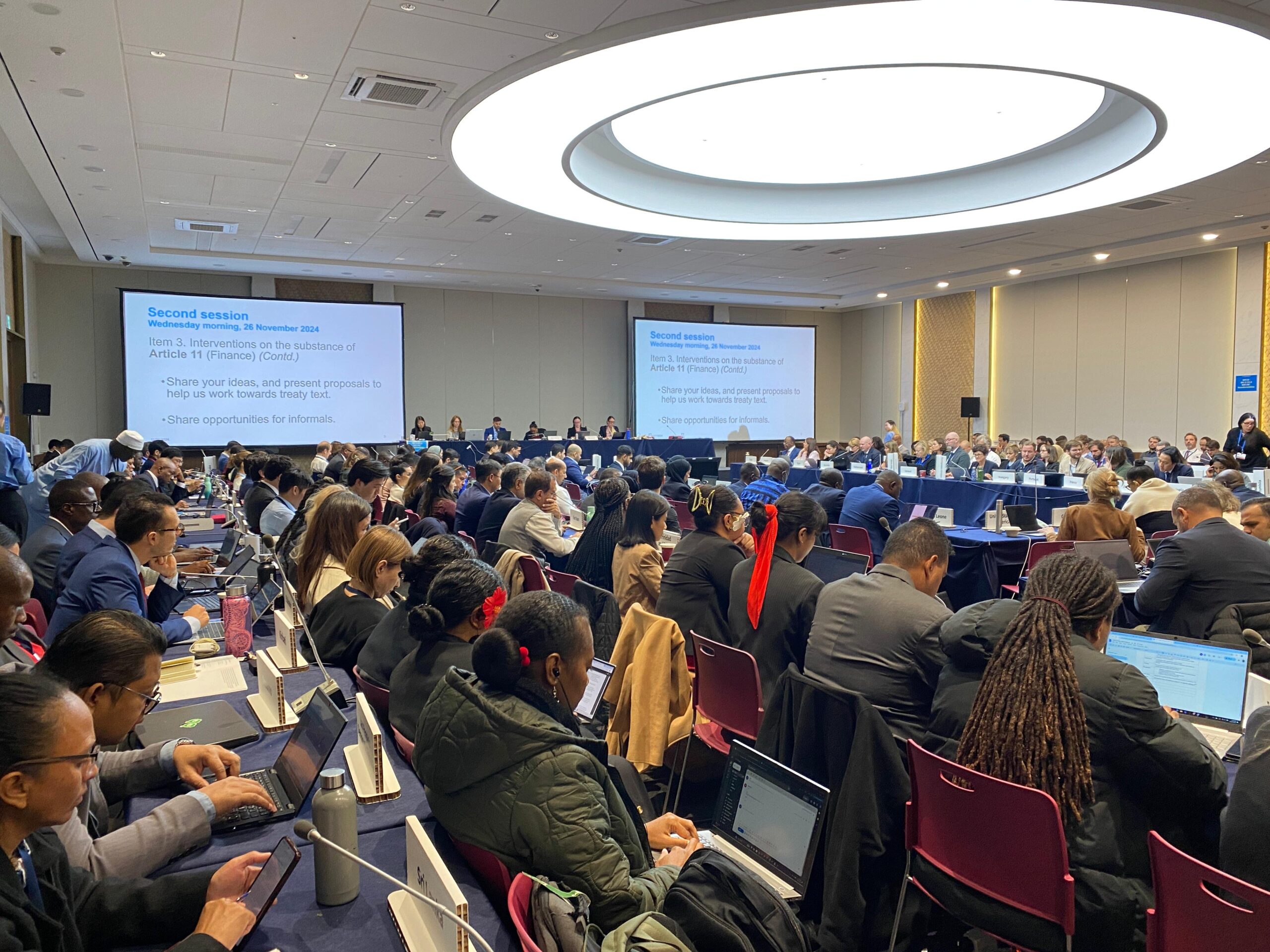Indigenous Peoples Demand Justice and Recognition in Global Plastics Treaty

Busan – The International Indigenous Peoples’ Forum on Plastics has called for urgent action to address the devastating impact of plastic pollution on Indigenous communities and their territories. In a statement to state parties, the forum emphasized that Indigenous Peoples must be recognized as rights holders, not stakeholders, with their inherent rights enshrined in the United Nations Declaration on the Rights of Indigenous Peoples (UNDRIP).
The forum highlighted the disproportionate burden of plastic pollution on Indigenous communities, pointing to the entire lifecycle of plastics—from fossil fuel extraction on their lands to hazardous waste disposal practices, often labeled as “waste colonialism.” They stressed that addressing this crisis requires systemic changes, including legally binding caps on plastic production, the elimination of harmful chemicals, and a halt to the construction of new petrochemical infrastructure.
Justice measures are central to their demands. These include securing Indigenous Peoples’ right to self-determination through free, prior, and informed consent, as well as establishing equitable funding mechanisms to support community-led solutions. They also called for an end to the exploitative transboundary movement of plastic waste and stronger protections against corporate interference in treaty negotiations.
Indigenous Peoples, known for their deep-rooted environmental stewardship, have called on the global community to embrace their knowledge systems as vital tools in combating plastic pollution. However, the forum stressed that such knowledge must only be used with the consent and full participation of the communities themselves.
As negotiations on the Global Plastics Treaty progress, the forum’s message is clear: the treaty must recognize Indigenous leadership, respect their rights, and prioritize equitable solutions to end the global plastic crisis. Their rallying call, “Nothing about us, without us,” resonates as a firm demand for justice and inclusion.
